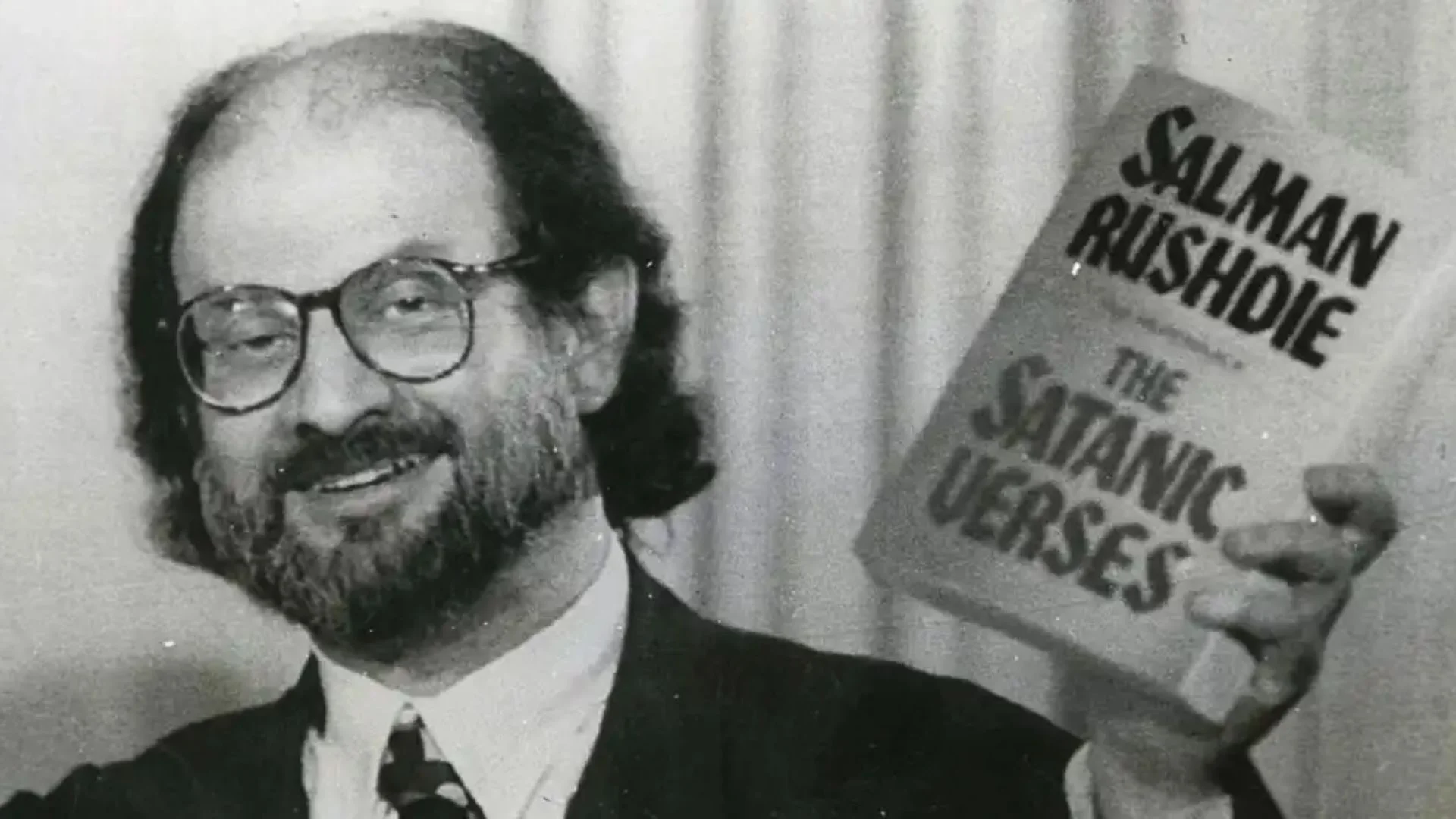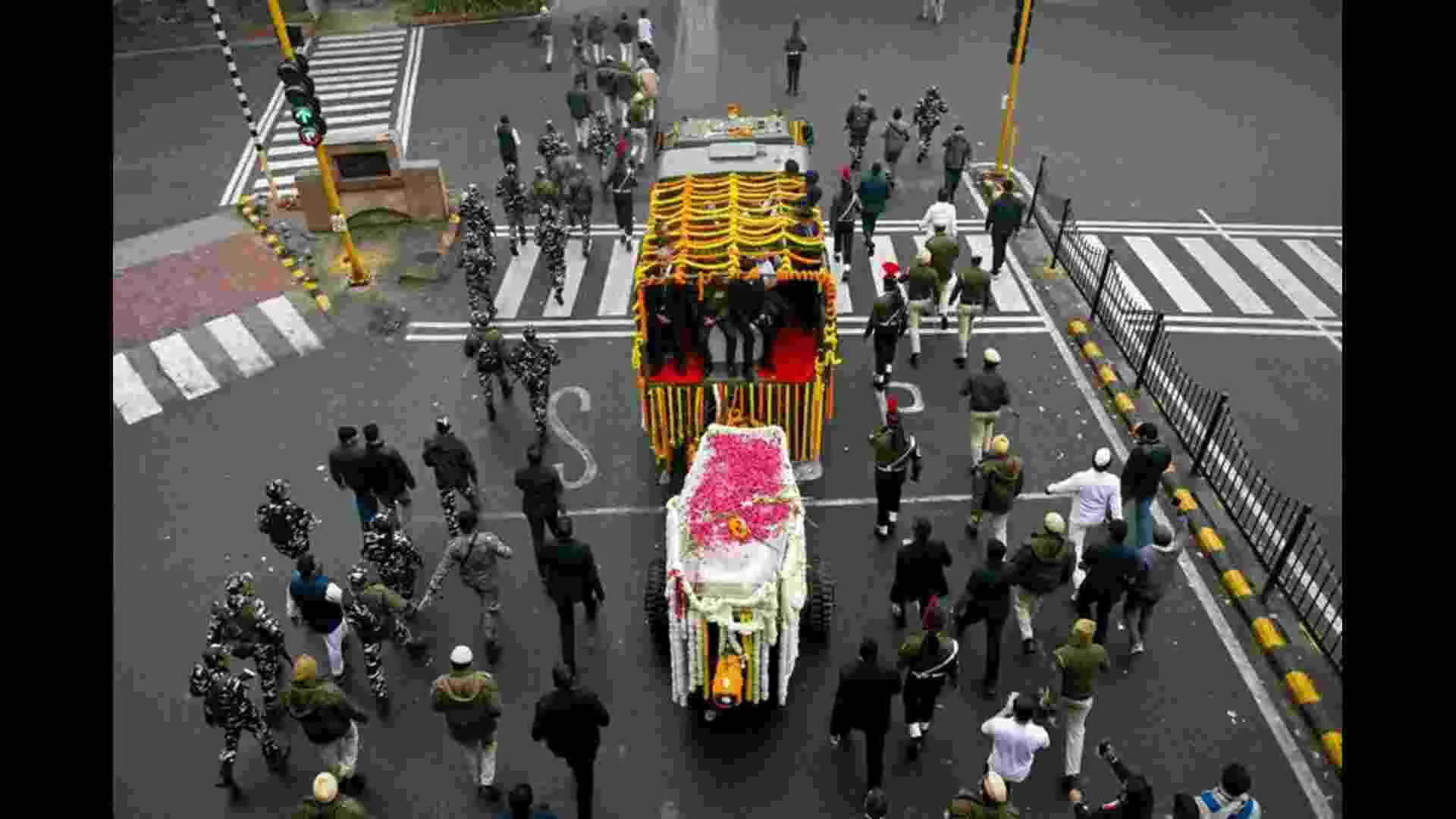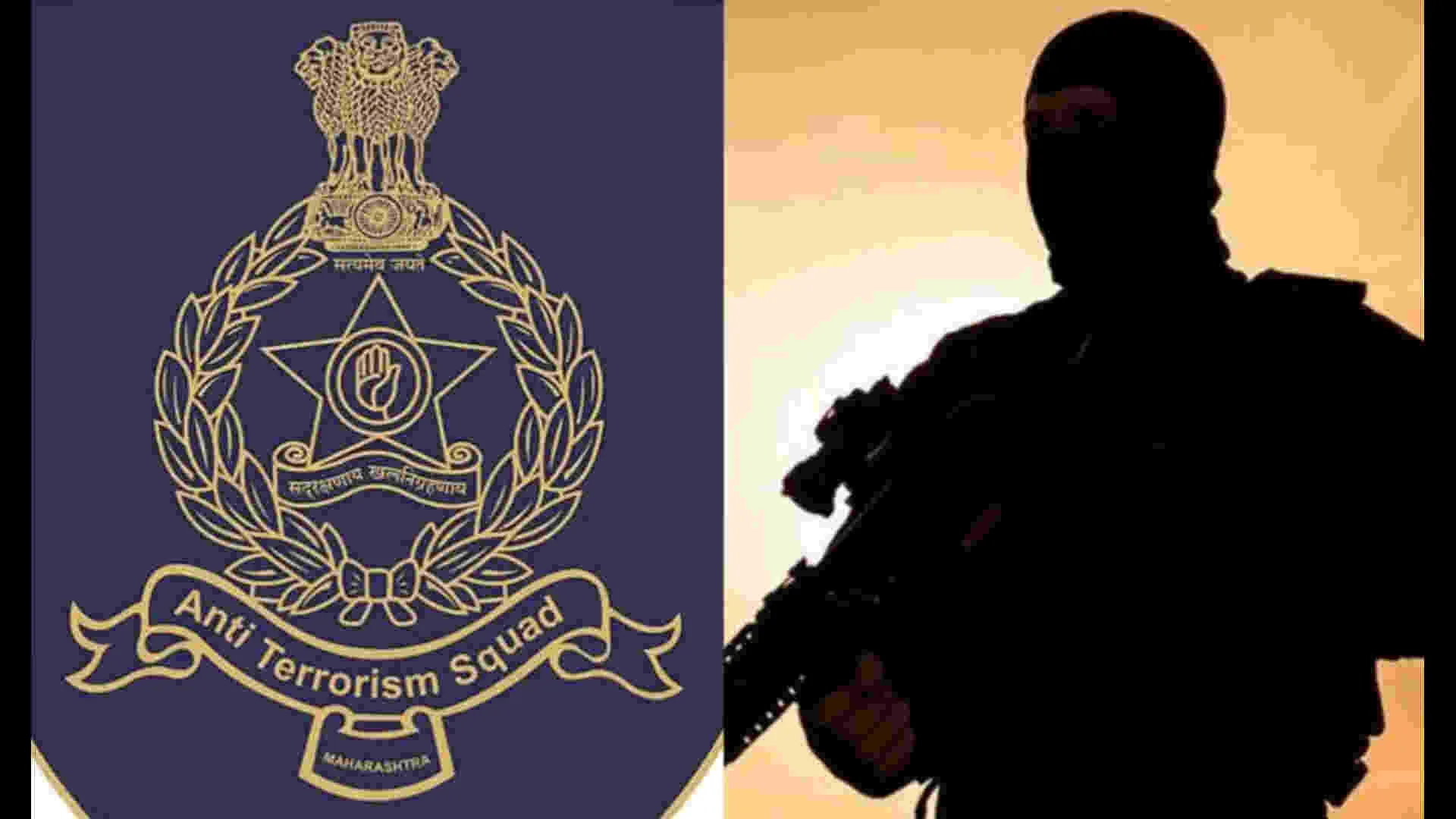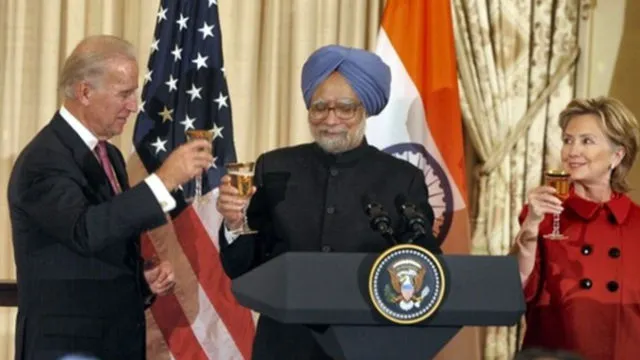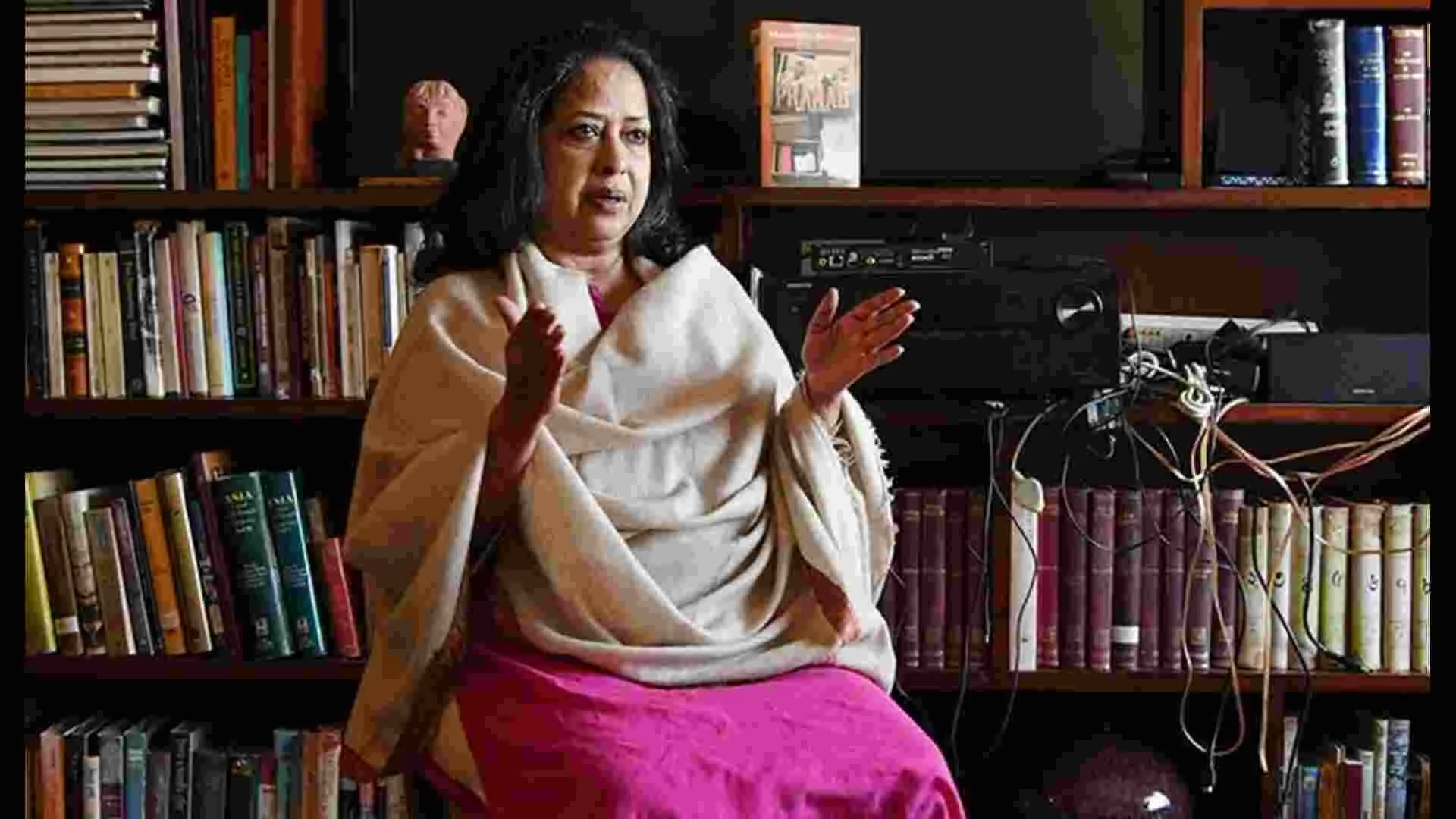The Satanic Verses, Salman Rushdie’s 1988 novel, has come back to Indian bookshops after a decade ban. This controversial 1988 novel, has sparked international protest over its depiction of the prophet Muhammad and a subsequent fatwa against him from Iran’s then supreme leader Ayatollah Khomeini, had remained banned in India since it hit the stands.
The Rajiv Gandhi-led government prohibited the book in 1988 following riots over its contents. However, a recent twist in India’s bureaucratic maze led to its reappearance. Delhi’s high court overturned the ban last month after authorities were unable to locate the original order prohibiting its import. The court ruled: “We have no other option except to presume that no such notification exists.”
The novel’s return to Indian bookshelves has reignited public interest. Bahrisons Booksellers, a renowned retailer in New Delhi’s Khan Market, announced the availability of The Satanic Verses through a social media post, stating, “The Satanic Verses is now in stock.” Despite its steep price of 1,999 rupees (approximately £19), the store reported brisk sales. “We’re selling out,” said a store manager, noting the curiosity among readers.
Manasi Subramaniam, editor-in-chief at Penguin Random House India, was celebrating the move. “Language is courage: the ability to conceive a thought, to speak it, and by doing so to make it true,” she posted on social media, quoting Rushdie. “At long last, @SalmanRushdie’s The Satanic Verses is allowed to be sold in India.
Those interested include English major 22-year-old Dilip Sharma: “I’ve heard people talking about The Satanic Verses all my life. I wanted to read it out of curiosity. Feels unreal seeing it lying in bookstores,” he said.
However, the book has also elicited protests from some Muslim groups, who claim that it insults Islamic beliefs and threatens to disturb social harmony. Maulana Mufti Shahabuddin Razvi Barelvi, president of the All India Muslim Jamaat, renewed the demand for a ban, saying, “No Muslim can tolerate seeing this hateful book on any bookstore shelf.
Rushdie, who survived a near-fatal attack in New York two years ago, maintains the novel is a work of fiction and denies any intent to offend. The author, who holds US-British citizenship, was knighted in 2007 and continues to champion free expression.

